BALTIMORE, MD — In a bittersweet twist, the Maryland Zoo announces the birth of two lion cubs, while mourning the loss of their mother, lioness “Badu.” Late last Thursday, October 3rd, the young female lioness “Badu” went into labor and gave birth to two cubs overnight in a special den built in the lion off-exhibit area. However, on Friday morning she started exhibiting signs of birth complications and the veterinary team deemed it necessary to intervene. “Two additional cubs had to be removed surgically, neither of which survived,” stated Dr. Ellen Bronson, senior veterinarian at the Zoo.
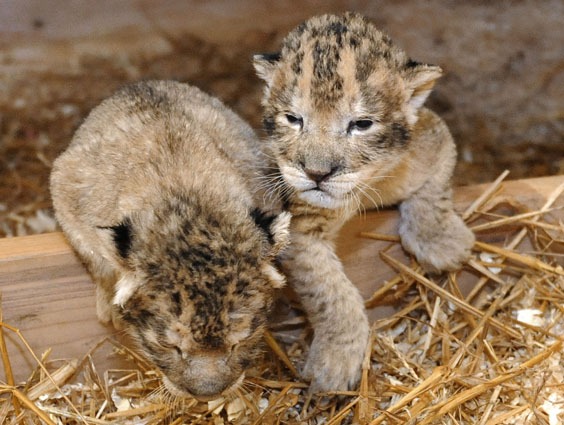
Although Badu had been attentive to the two surviving cubs, she had difficulty caring for them after the surgery and animal staff took over the job of feeding them. They also worked closely with the Zoo veterinarians to assist with Badu’s surgical recovery. “She continued to have complications, and despite the best efforts of both veterinary and animal staff, Badu died Monday afternoon,” continued Bronson. “While we are deeply saddened by the loss of this spirited cat, we now must turn our attention to caring for her young cubs. They are only six days old, and are just beginning to open their eyes.” The cubs, one male and one female, appear healthy and are being cared for by the animal staff.
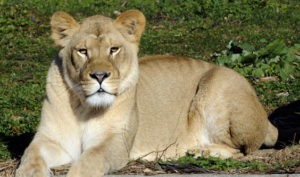
“This is a tremendous loss for the Zoo — Badu was a young cat, wonderful to watch on exhibit, and a good mate to Hassan,” stated Don Hutchinson, president/CEO of The Maryland Zoo. “But despite losing Badu, we should also remember that she left behind two new additions to our Zoo family. They are the first lion cubs born here in the history of this Zoo and are being cared for around the clock by our amazing staff. I am proud of the team that has worked so hard this week under very challenging circumstances.”
The cubs will remain off exhibit while staff are caring for them. “They are very young, and we are measuring their progress and evaluating the situation day by day,” stated Margie Rose-Innes, assistant general curator at the Zoo. “Ideally they will be able to be introduced to the other lions, but that will be some time in the future. For now, their continued health and well-being will be our focus.”
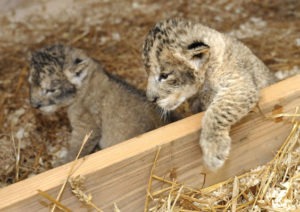
The cubs’ birth is the result of a recommendation from the Lion Species Survival Plan (SSP) coordinated by the Association of Zoos and Aquariums (AZA). SSPs provide breeding recommendations to maximize genetic diversity, with the goal of ensuring the long-term survival of the captive population and the health of individual animals. Lions are listed as “vulnerable” in the wild as their population has declined significantly over the past 50 years with only an estimated 32,000 individuals remaining in the wild, down from over 100,000.
Hassan, father to the cubs, and Cuma, the Zoo’s two adult lions, will continue to be on exhibit while the cubs are being raised in the den.

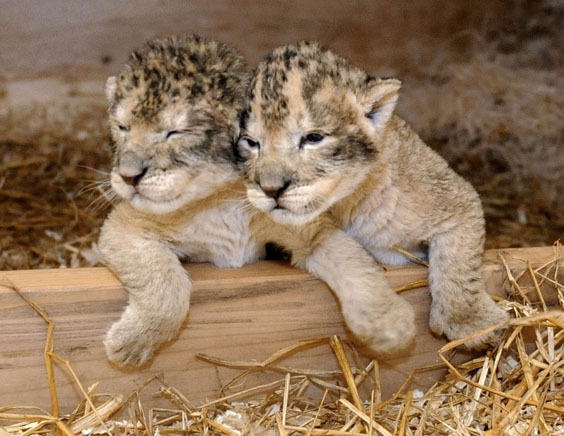
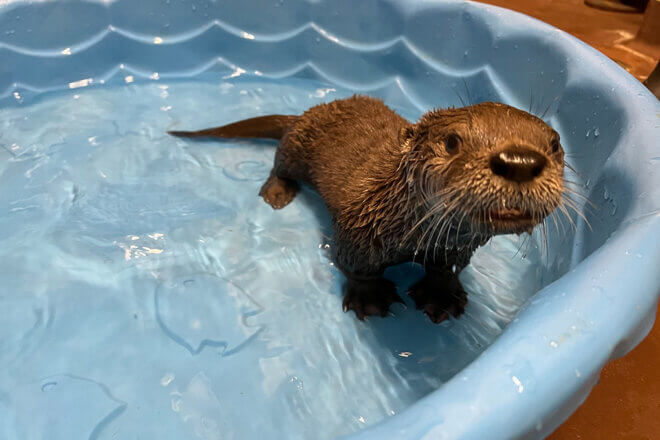
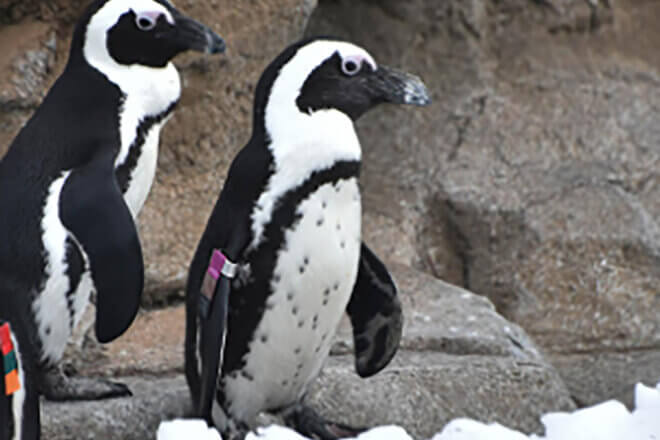
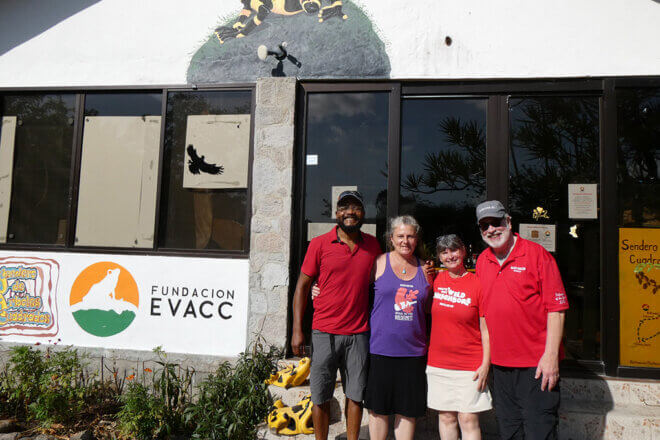

Share this article